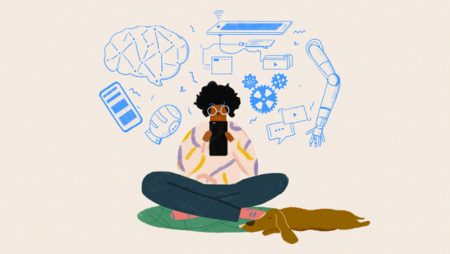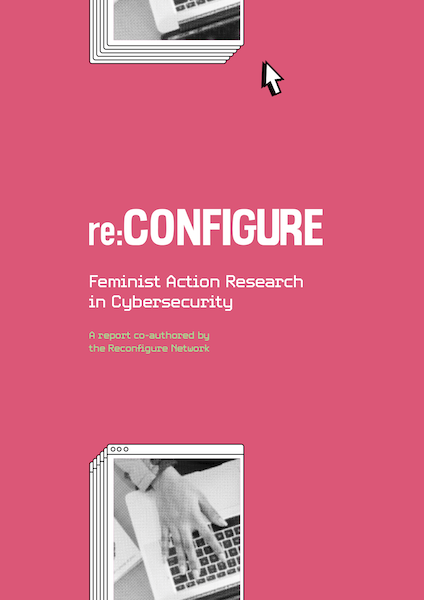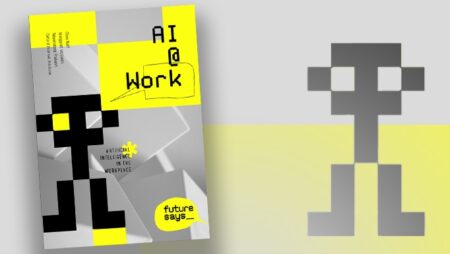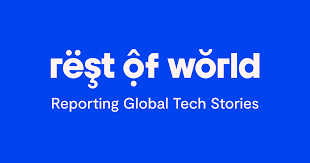
The A-Z of AI
The A-Z of AI is an interactive guide that allows anyone who is curious about AI to develop a baseline understanding of the technology.

Nayana is a DPhil researcher at the Oxford Internet Institute. Her research focuses on purpose-built storytelling platforms in India and the changing nature of writing online. Specifically, she looks at how Indian women use storytelling platforms and explores questions of voice, agency and culture in her work. In her work, she blends ethnographic methodology with literary practice, drawing from her background as a scholar of English Literature.
She also teaches at the University of Oxford for the Stanford Programme and the Sarah Lawrence Programme. Nayana has built syllabuses for and convened courses on the areas of ‘Social Dynamics of the Internet’ and ‘Gender and Technology’.
Postcolonial theory; gender online; digital colonialism; Internet geographies; narrative; race; storytelling; invisible labour.
1

The A-Z of AI is an interactive guide that allows anyone who is curious about AI to develop a baseline understanding of the technology.

Reconfigure is a feminist cybersecurity project that uses community-based participatory methods and feminist approaches to reconfigure cybersecurity research and build public capacity for data privacy and action.
By Julia Slupska, Scarlet Dawson Duckworth, Gina Neff, Nayana Prakash, Selina Cho, Linda Ma, Laura Shepherd, Hayyu Imanda, Hubert Au, Antonella Perini, and Romy Minko
The discourse around cybersecurity can often seem academic and exclusive. The Reconfigure project aims to build a feminist alternative and this report sets out findings from a pilot study applying “action research” methods to cybersecurity questions.

12 July 2021
WhatsApp has emphasised its commitment to privacy since its purchase by Facebook. But, DPhil student Nayana Prakash argues, apps should be about more than just user privacy.

13 August 2020

The Telegraph, 25 August 2022
A Silicon Valley start-up has been editing Indian voices out of customer service calls using artificial intelligence to make them “sound whiter”.

Rest of World, 28 June 2022
Doctoral Researcher Nayana Prakash shares her insights on using online platforms like Instagram to shape historical memory.
